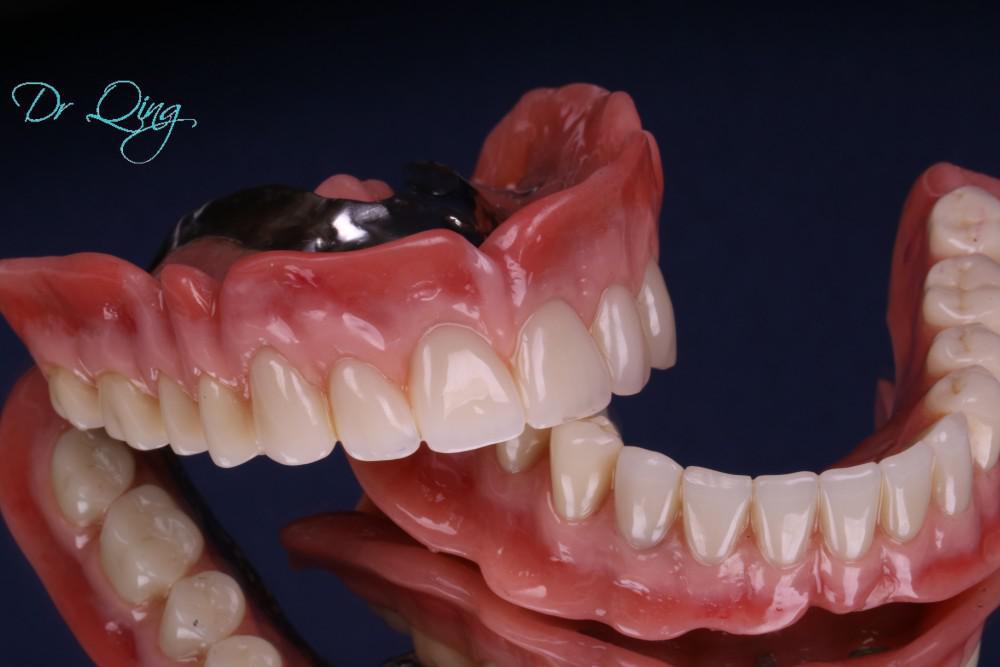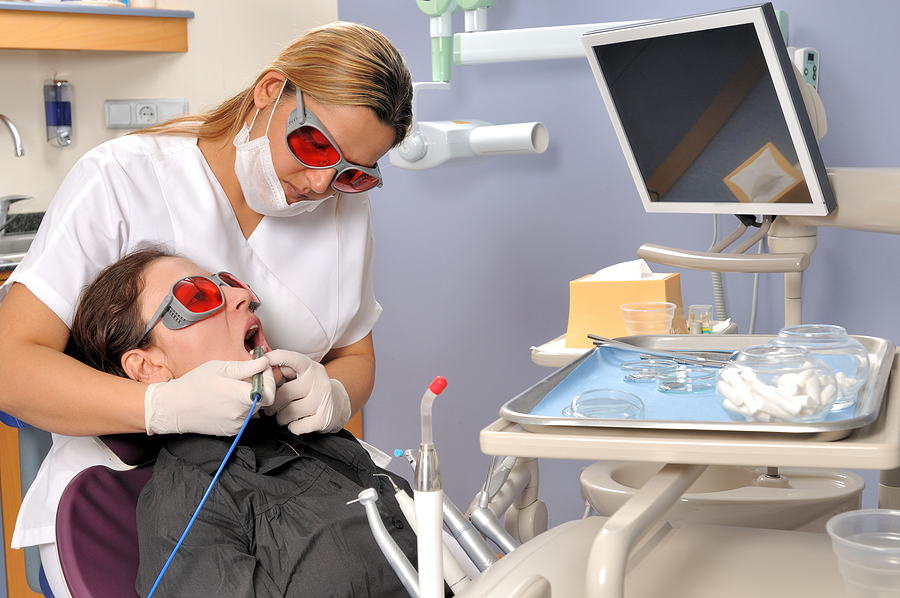Posted by Hai Qing
Implant
on Jan 15 2025, 11:04 PM
Dental implants have revolutionized the way we approach tooth replacement. If you're considering this life-changing option, you might be wondering about the importance of bone grafting in securing successful dental implants. Imagine having a strong foundation for your new teeth—something that not only improves aesthetics but also enhances functionality. But what happens when there's insufficient jawbone to support these implants? That’s where bone grafting comes into play.
This procedure is more than just an added step; it’s often essential for ensuring that your dental implants in Lansdale, PA, are stable and long-lasting. In this article, we'll explore why adequate jawbone matters and how bone grafting can pave the way for a brighter smile. Whether you're new to the idea of dental implants or already on your journey, understanding the role of bone grafting will empower you to make informed decisions about your oral health.
A strong and healthy jawbone is crucial for successful dental implants. When teeth are lost, bone loss can occur over time. The lack of adequate bone structure can jeopardize the stability of implants.
Dental implants rely on a solid foundation to integrate with your jaw. Insufficient bone means that there isn’t enough support for the implant, leading to potential failure. This is why assessing jawbone density before proceeding with an implant procedure is vital.
Additionally, without enough bone volume, surgical options may become limited. A thorough evaluation helps dentists determine whether patients need additional procedures like bone grafting before placing the implants.
Patients in Lansdale, PA, should understand this connection between jaw health and dental success. Good oral hygiene practices and regular check-ups play essential roles in maintaining sufficient jawbone density over time.
Bone grafting is a surgical procedure that helps build up the jawbone to support dental implants. It involves transplanting bone tissue to areas where the bone density is insufficient.
The process typically starts with an examination and imaging of your jawbone. This helps determine how much grafting material you need.
Surgeons can use different types of graft materials, including autografts (your own bone), allografts (donor bone), or synthetic options. The choice depends on individual needs and specific conditions.
Once the site is prepared, the chosen graft material is placed in the deficient area. Over time, this new tissue integrates with your existing bone through a natural healing process called osseointegration.
This creates a stable foundation for future dental implants, ensuring they can withstand daily functions like chewing without complications.
Bone grafting procedures come in several types, each tailored to specific needs.
Each type has its own advantages and considerations based on individual cases and preferences.
Recovery from bone grafting requires attention and care. After the procedure, it's essential to follow your dentist’s instructions closely. This helps promote healing and ensures the best results for your dental implants in Lansdale, PA.
You can expect some swelling or discomfort during the first few days. Applying ice packs on the outside of your cheek can provide relief. Over-the-counter pain medication may also be recommended.
Diet plays a crucial role in recovery. Stick to soft foods like yogurt, smoothies, and mashed potatoes while avoiding anything hard or crunchy that could disturb the surgical site.
Maintaining oral hygiene is vital, but be gentle around the area where you had surgery. Rinsing with warm salt water can assist in keeping it clean without risking irritation.
Regular follow-up appointments are necessary to monitor healing progress and address any concerns as they arise. Contact us to learn more.
Dental implants have revolutionized tooth replacement. Their success largely depends on the condition of the jawbone.
When bone grafting is involved, success rates soar. Studies show that implants supported by grafted bone can achieve survival rates exceeding 95%. This is especially true in patients with insufficient natural bone density.
The quality and type of graft material play a significant role as well. Whether it's autogenous (from the patient), allograft (donor), or synthetic materials, each has its unique advantages that contribute to stability and integration.
Patients often experience quicker healing times too. Enhanced blood flow and reduced inflammation from effective grafting procedures promote faster osseointegration—where the implant fuses with the jawbone.
Choosing experienced professionals for both dental implants and bone grafting maximizes these success rates, ensuring a long-lasting solution tailored to individual needs in Lansdale, PA.
Dental implants have transformed the landscape of restorative dentistry, providing patients with a reliable and effective solution for missing teeth. However, their success heavily relies on having sufficient jawbone to support the implant. For those in Lansdale, PA, considering this procedure, understanding the role of bone grafting is vital.
Bone grafting serves as a bridge to achieving that solid foundation needed for dental implants. By enhancing your jawbone’s volume and density, it increases the chances of a successful implant placement. It's essential to recognize that not all patients will require bone grafting; however, if you have experienced bone loss due to periodontal disease or tooth extraction, this procedure may be necessary.
The various types of bone grafts—whether autografts from your own body or allografts from donor tissue—offer solutions tailored to individual needs. Recovery times can vary, but following aftercare instructions will ensure optimal healing.
Studies show high success rates for dental implants placed in conjunction with bone graft procedures. This makes them an invaluable part of the process for many patients seeking restoration options.
If you're exploring dental implants in Lansdale, PA, and are concerned about whether your jawbone can accommodate them effectively, consult with your dentist about the benefits of bone grafting. Understanding these steps helps pave the way toward restoring both function and aesthetics in your smile.
To schedule an appointment with us at Bucks Dental Health and Esthetics, located at 1151 S Broad St, Lansdale, PA 19446. For bookings and consultations, call (215) 220-3395. Please visit our official website to learn more about our various services.

Dental implants have revolutionized the way we approach tooth replacement. If you're considering this life-changing option, you might …

Dental implants have revolutionized the way we approach tooth replacement. If you're considering this life-changing option, you might …

Dental implants have revolutionized the way we approach tooth replacement. If you're considering this life-changing option, you might …
MON Closed
TUE 8:00 am - 5:00 pm
WED 9:00 am - 5:00 pm
THU 8:00 am - 5:00 pm
FRI 9:00 am - 6:00 pm
SAT By appointments only.
SUN Closed